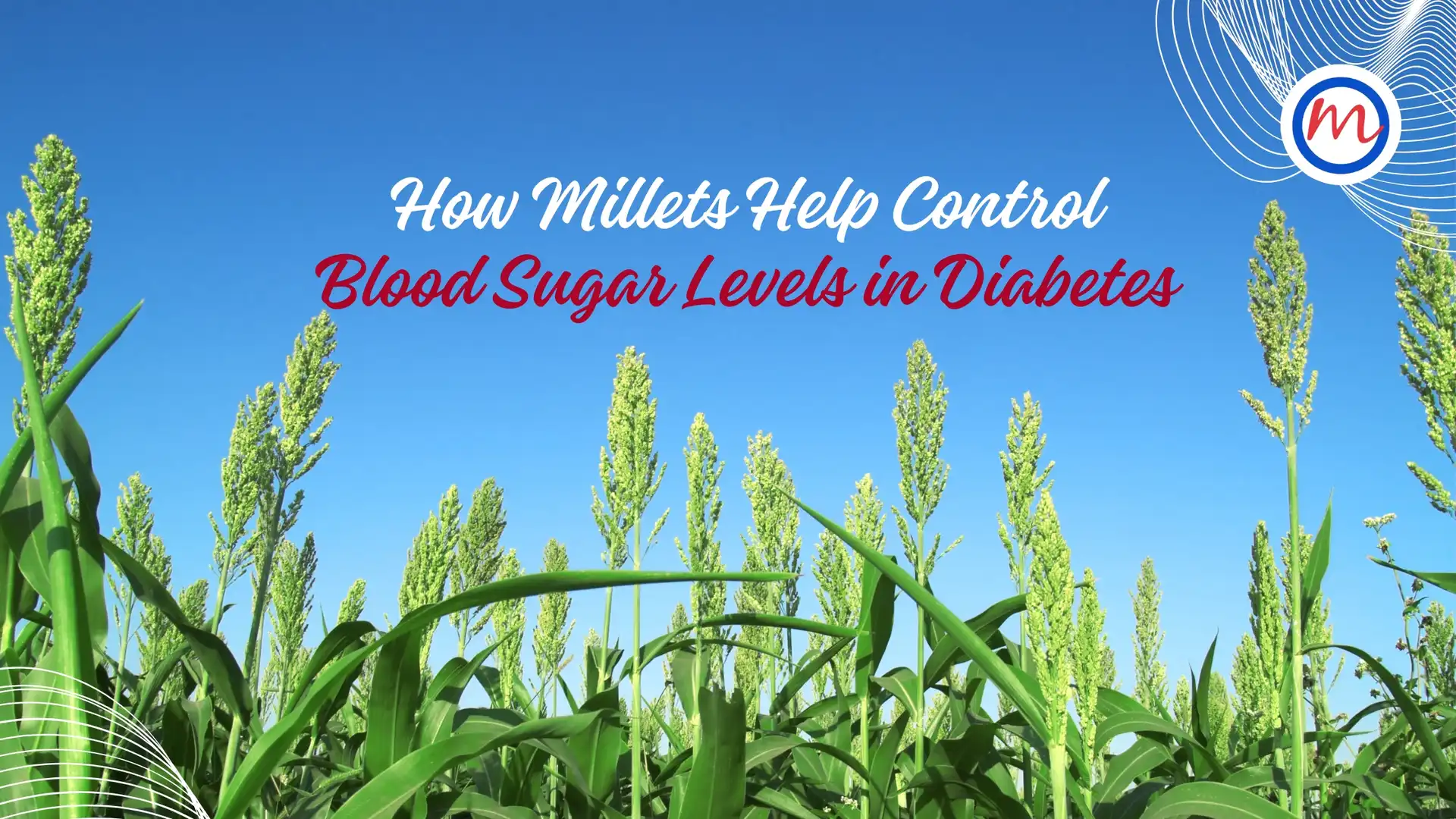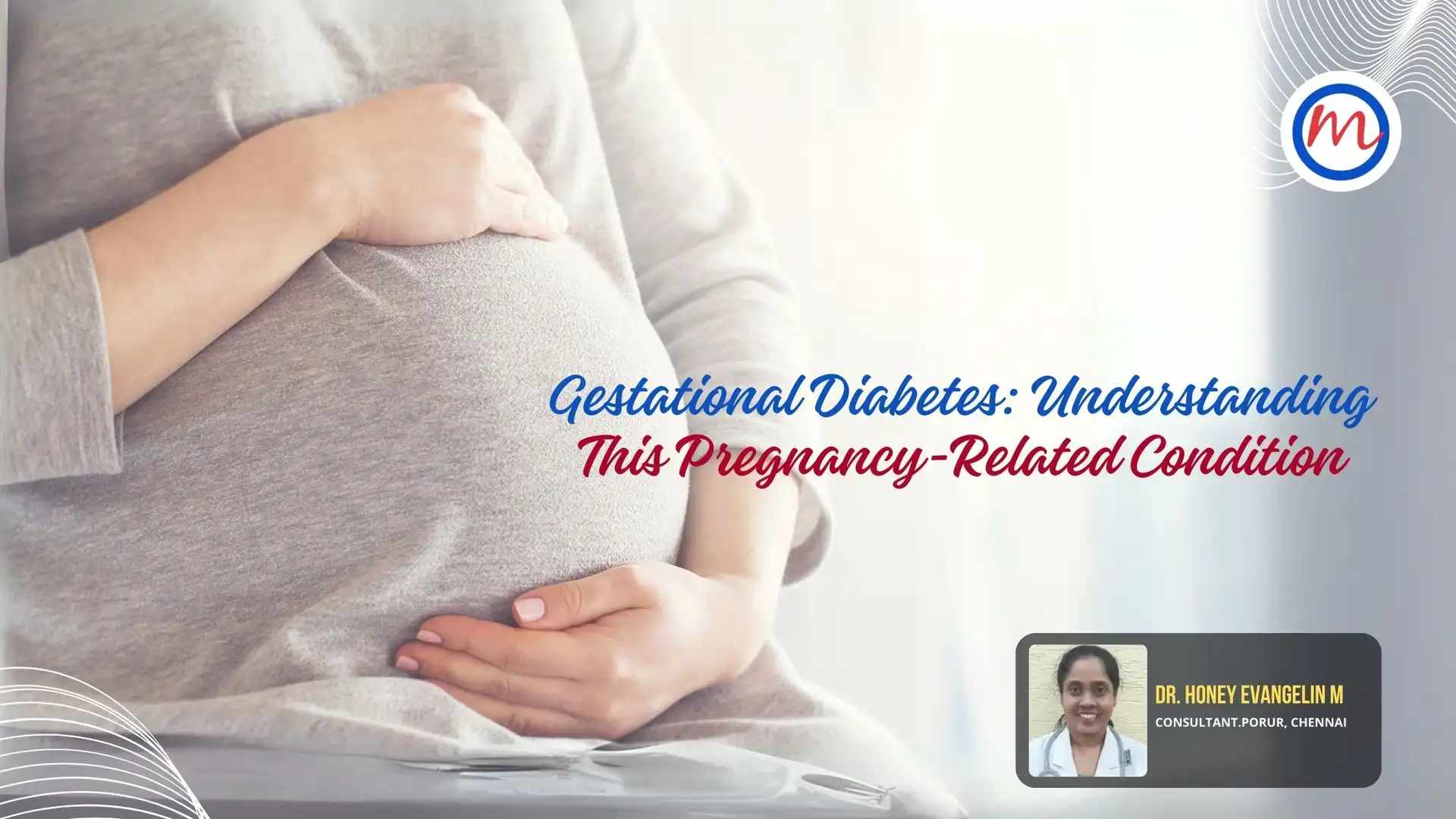How Diet Influences Diabetes in Pregnancy
Introduction to Gestational Diabetes
Pregnancy is a beautiful journey filled with anticipation and joy. However, for women diagnosed with diabetes, it presents unique challenges. Gestational diabetes affects many expectant mothers. It raises concerns about how to maintain optimal health for both themselves and their babies.
One of the most critical factors in managing gestational diabetes is diet. Food choices significantly impact blood sugar levels and overall pregnancy outcomes. Understanding the relationship between nutrition and pregnancy is essential for those navigating this delicate balance. This article explores how proper dietary management can lead to healthier pregnancies for women dealing with diabetes.
The Importance of Diet for Pregnant Women with Diabetes
How Diet Influences Gestational Diabetes
Diet plays a vital role in controlling blood sugar levels during pregnancy. Proper nutrition helps:
- Maintain stable glucose levels
- Reduce the risk of pregnancy complications
- Support foetal development
A balanced diet rich in whole grains, lean proteins, and healthy fats benefits both the mother and baby. Choosing nutrient-dense foods helps prevent blood sugar spikes, reducing potential health risks.
Timing and Meal Frequency
The timing of meals is just as crucial as food selection. Eating small, frequent meals throughout the day can:
- Regulate energy levels
- Improve digestion
- Prevent overeating and unhealthy cravings
Additionally, monitoring carbohydrate intake and understanding its effects on blood sugar can lead to more effective meal planning, ensuring adequate nourishment while managing diabetes.
Recommended Diet for Women with Gestational Diabetes
A gestational diabetes diet plan should include:
-
Nutrient-Rich Whole Foods
- Vegetables and fruits
- Milk and milk products
- Lean proteins (chicken, egg, fish)
- Healthy fats (avocados, nuts, olive oil)
-
Smart Carbohydrate Choices
Choose carbohydrates wisely rather than avoiding them altogether:
- Whole grains (brown rice, quinoa, whole wheat bread)
- Legumes (beans, lentils)
- Low-glycaemic fruits (berries, apples, pears)
These slow-digesting carbs prevent blood sugar spikes and provide sustained energy.
-
Hydration and Beverage Choices
- Drink plenty of water
- Avoid sugary drinks like sodas and fruit juices
- Opt for unsweetened beverages like herbal teas
-
Meal Timing and Portion Control
- Eat small, frequent meals throughout the day
- Monitor portion sizes to prevent excessive blood sugar fluctuations
Consulting a registered dietitian ensures a customized meal plan that supports both maternal and foetal health.
Potential Risks of Not Managing Diabetes During Pregnancy
Failure to manage blood sugar levels can lead to serious complications, such as:
- Gestational Hypertension and Preeclampsia
- High blood pressure increases risks for both mother and baby
- Can lead to organ damage or premature birth
- Excessive Foetal Growth (Macrosomia)
- Larger babies increase the likelihood of complicated deliveries or C-sections
- Neonatal Hypoglycaemia
- Babies born to mothers with uncontrolled diabetes may experience dangerously low blood sugar levels after birth
- Long-Term Health Risks
- Increased likelihood of obesity and Type 2 diabetes for both mother and child
Case Studies & Research Findings: Diet and Pregnancy Outcomes in Women with Diabetes
Scientific studies highlight the powerful impact of diet on gestational diabetes management:
- A study published in the Journal of Maternal-Foetal & Neonatal Medicine found that balanced diets reduce complications.
- Women following a Mediterranean diet reported better blood sugar control and fewer pregnancy complications.
- High fibre intake from fruits and vegetables lowers glucose levels.
- Omega-3 fatty acids (found in fish) improve birth weight outcomes and reduce the risk of preterm labour.
These findings underscore the importance of strategic dietary choices in ensuring healthier pregnancies for women with diabetes.
Tips for Maintaining a Healthy Diet During Pregnancy with Diabetes
To manage gestational diabetes effectively, follow these nutrition tips:
- Prioritize Whole Foods – Choose fresh vegetables, lean proteins, and whole grains over processed foods.
- Practice Portion Control – Eating small, balanced meals prevents blood sugar fluctuations.
- Include Healthy Fats – Foods like avocados, nuts, and seeds support overall health.
- Stay Hydrated – Drink plenty of water and avoid sugary drinks.
- Track Your Meals – Keeping a food diary helps identify how certain foods affect blood sugar levels.
- Seek Professional Guidance – A registered dietitian can provide personalized meal plans tailored to your needs.
The Significance of Proper Nutrition for Pregnant Women with Diabetes
A well-balanced diet is essential for managing gestational diabetes and ensuring a healthy pregnancy. By focusing on nutrient-dense foods, portion control, and meal timing, women can:
- Maintain stable blood sugar levels
- Reduce the risk of pregnancy complications
- Support optimal foetal development



